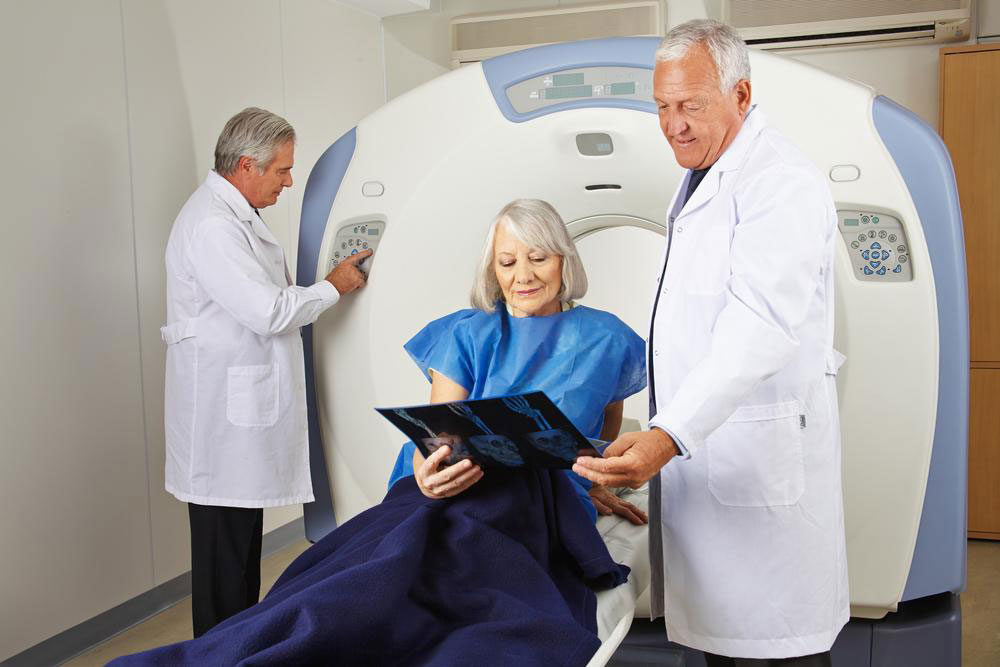Things you should know about head and neck cancer for early detection
Cancer that attacks the mouth, nose, salivary glands, sinuses, throat and lymph nodes is known as Head – Neck cancer. In most cases, this type of cancer first develops in the mouth, nose or throat.
There are five types of head neck cancer:
• Laryngeal and Hypopharyngeal Cancer that begins in the larynx
• Nasal Cavity and Paranasal Sinus Cancer that initially attacks the tissues in the nose
• Nasopharyngeal Cancer that attacks the upper part of the throat
• Oral and Oropharyngeal Cancer that develops on the mouth, tongue or between the tonsils and the larynx
• Salivary Gland Cancer that develops in the salivary glands
Head and neck cancer typically affects more men than women.

Some of the common symptoms that indicate head neck cancer are:
• Red or white patch inside the mouth
• Oral sores that do not heal
• Lump on the head or neck. This lump may or may not pain
• Persistent sore throat
• Foul odour from the mouth despite good dental hygiene
• Nasal congestion that does not clear up
• Unusual discharge from the nose
• Frequent occurrences of bleeding from the nose
• Difficulty breathing
• Vision changes
• Numbness of any part of the head or neck
• Pain while chewing
• Difficulty swallowing
• Difficulty moving the tongue or jaw
• Pain in the jaw or ears
• Bloody saliva
• Loose teeth
• Unexplained weight loss
• Tiredness
If you complain of the above symptoms, your doctor is likely to ask for a physical examination along with blood and urine tests as the first step of confirming a cancer diagnosis. You may also be asked to undergo other tests including HPV testing, an endoscopy, X ray or barium swallow, an ultrasound, Panoramic radiograph, MRI, CT scan, PET scan and a biopsy.
If you do have cancer, these test will help determine the stage your cancer has reached and hence the best possible treatment for it. Most of these types of cancer can be cured if diagnosed in the early stages. The common forms of treatment for cancer include:
• Surgery to remove the cancerous tissue
• Chemotherapy
• Radiation
• Targeted therapy
Even with treatment, it is possible for cancer to recur. Hence regular follow up is essential. You may also need blood tests or imaging tests as part of these check-ups. Some people may also experience long term or late side effects such as gastroesophageal reflux disease and improper functioning of the thyroid gland.















